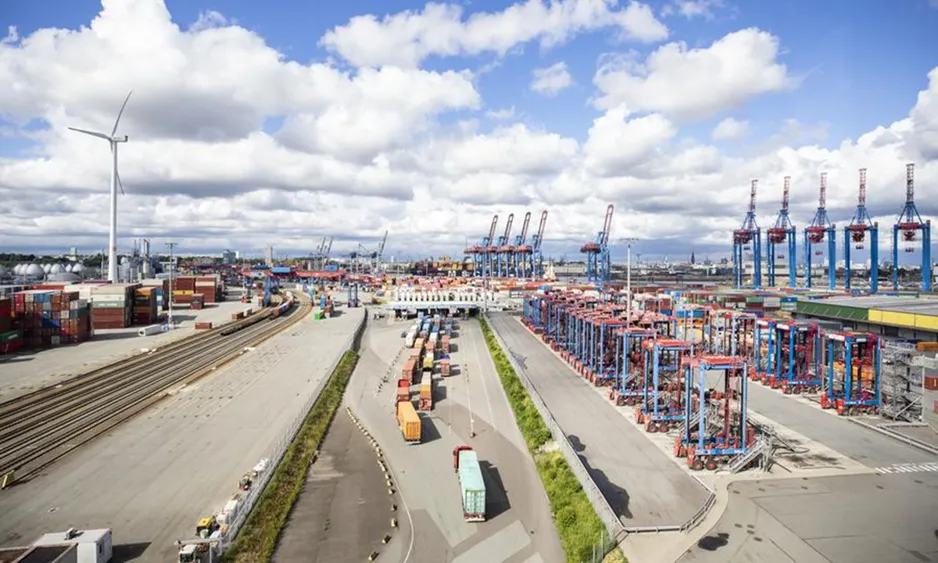Europe Advised to Diversify Trade Amid US Tariff Pressures

As the United States enacts additional tariffs on imports from the European Union and other areas, there is an increasing call among European experts for the diversification of trade markets. This response seeks to mitigate the negative consequences inflicted by these tariffs on global supply chains.
US President Donald Trump recently declared that his administration would impose a sweeping 30 percent tariff on exports from the EU and Mexico, contending that the existing bilateral trade environment has long been skewed and lacks equitable reciprocity.
In light of these developments, Irish Sinn Fein leader Mary Lou McDonald labeled the tariff threats as "volatile" and detrimental, indicating that they present significant challenges for Ireland, Europe, and the global landscape.
Countries throughout Europe have expressed concerns regarding the ramifications of continuous tariff escalations, which they believe could adversely affect their economies.
In Slovenia, the Bank has estimated that US tariffs could disrupt the European value chain and jeopardize approximately 15,000 jobs, a notable figure in a country with a population of just 2.1 million.
Meanwhile, the Bank of England, in its latest Financial Stability Report, highlighted that rising risks to the global economy are largely attributable to US tariff policies. Despite a new trade agreement established with the US earlier in May, further trade disputes could increase financial strain and inhibit economic growth in Britain.
The effects of the tariffs are palpable across various sectors; companies from small exporters to larger manufacturers reliant on global supply chains are facing escalating pressures.
Speaking on the impact of these tariffs, Neb Chupin, the founder of Croatia's Hermes International, voiced concerns over the financial strain, indicating that his business is already losing around 20,000 US dollars a week due to a moderate 10 percent tariff, and he fears the repercussions of an increase to 30 or 50 percent.
Additionally, with 40 percent of its exports directed to the US, Finland's pharmaceutical sector stands at serious risk of being severely impacted. Johanna Sipola, deputy CEO of the Finnish Chamber of Commerce, called the proposed tariffs "unrealistic" and cautioned about the uncertainties they introduce.
Experts assert that to shield themselves from the unpredictable impacts of US trade policies, European nations should actively pursue broader trade partnerships, particularly with China and Southeast Asian countries.
Dirk Jandura, president of the Federation of German Wholesale, Foreign Trade and Services, stresses that Europe must strive for greater independence from American economic influences and prioritize the establishment of a free trade zone with ASEAN and expedite agreements with Mercosur.
In juxtaposition to this, industry leaders such as Mario Boselli, chairman of the Italy China Council Foundation, emphasize that the evolving trade landscape may compel Europe to rethink its economic strategies, viewing enhanced cooperation with China as a strategic imperative.
Read These Next

Yema Motors Launches Special Vehicle Manufacturing in Chengdu
Sichuan Yema Automobile Co. launched a subsidiary in Chengdu for specialty vehicles, boosting Mustang Motor's market reach.

Acquisition in the Optical Market: Risks and Opportunities
This commentary analyzes Wuhan Changying Tong Optoelectronic Technology Co., Ltd.'s strategic acquisition move, its financial context, and potential market implications.

AI Music: A Double-Edged Sword for the Industry
The commentary discusses the implications of AI-generated music on the industry, focusing on technological advancements, evolving market dynamics, and the philosophical questions surrounding creativity.
